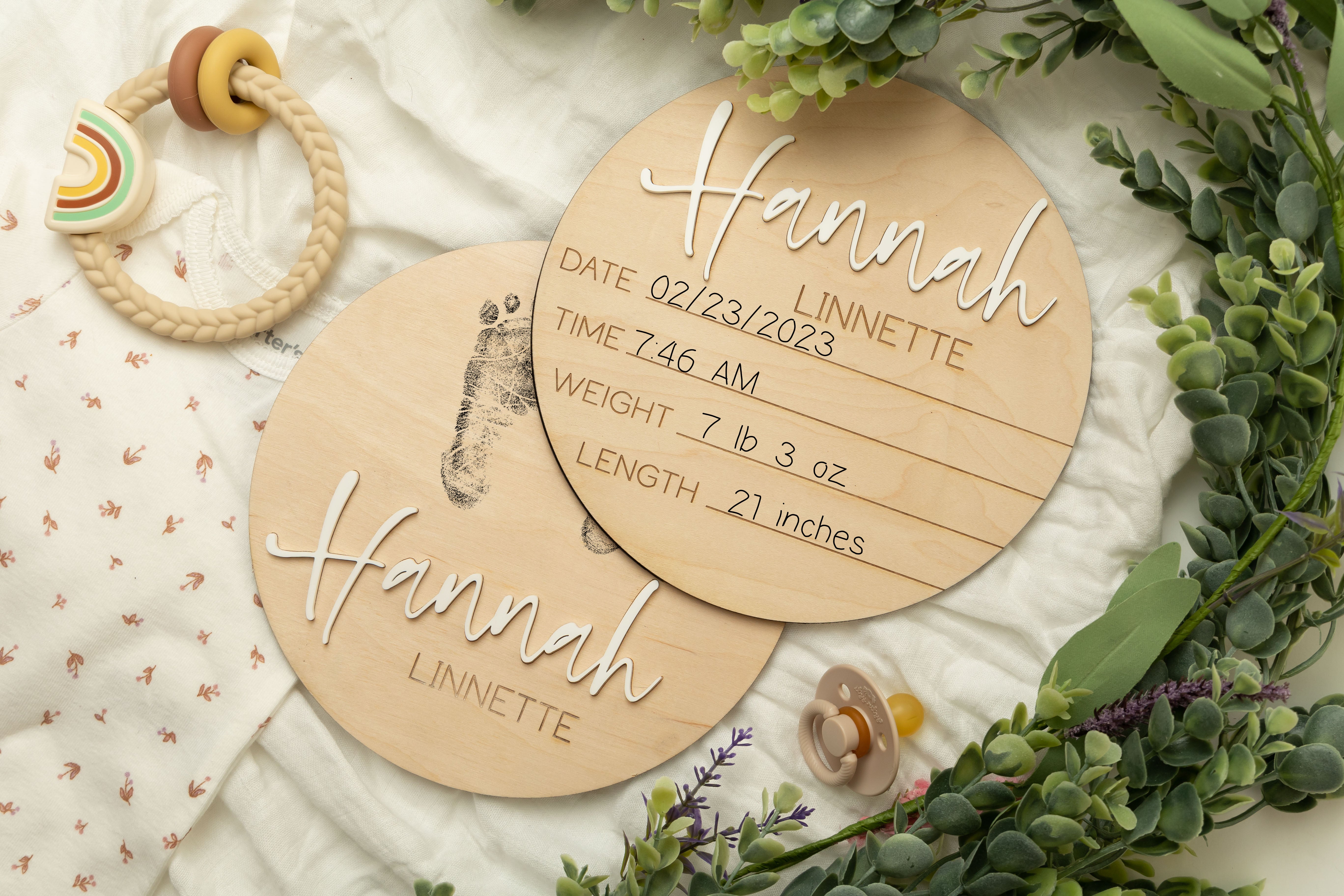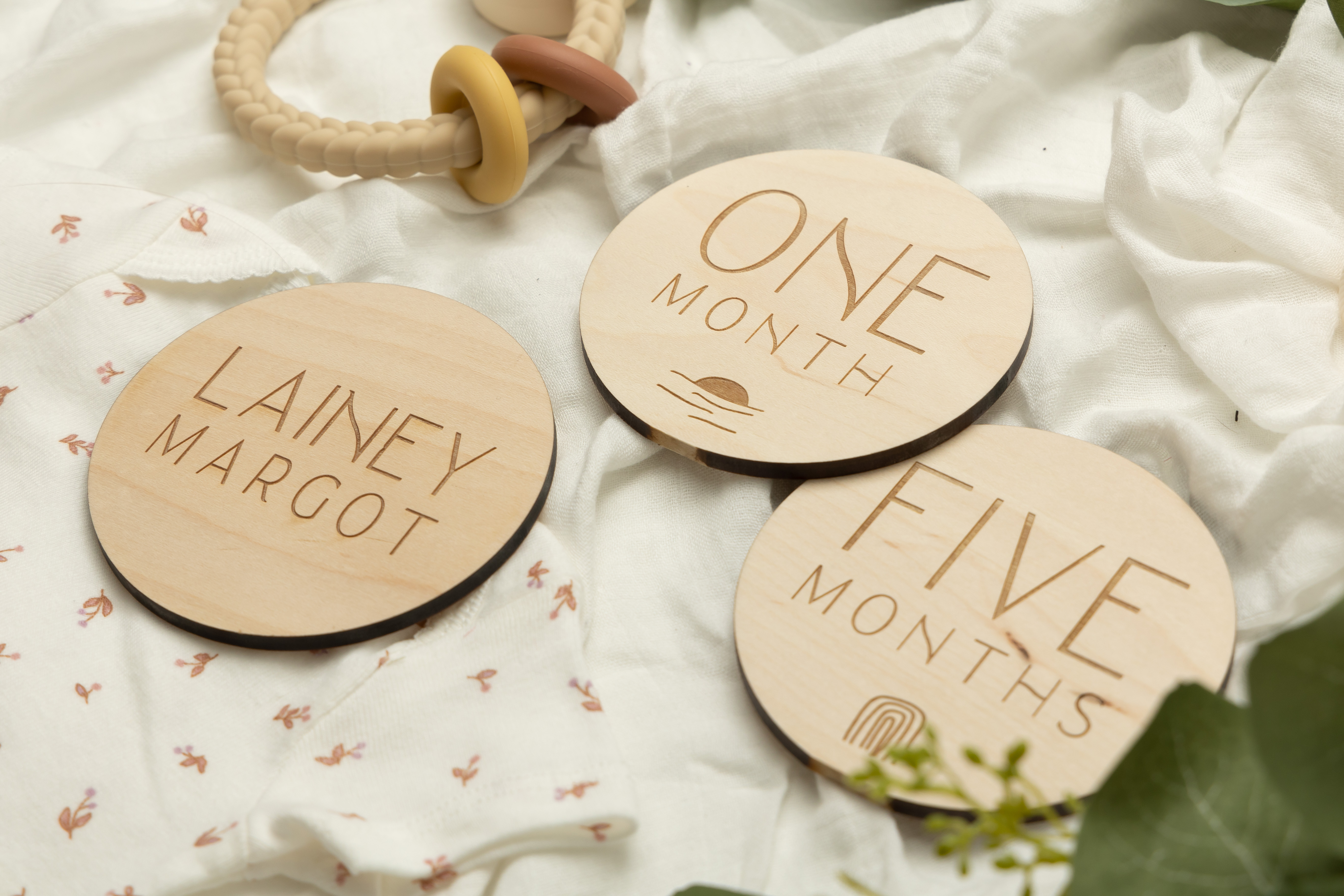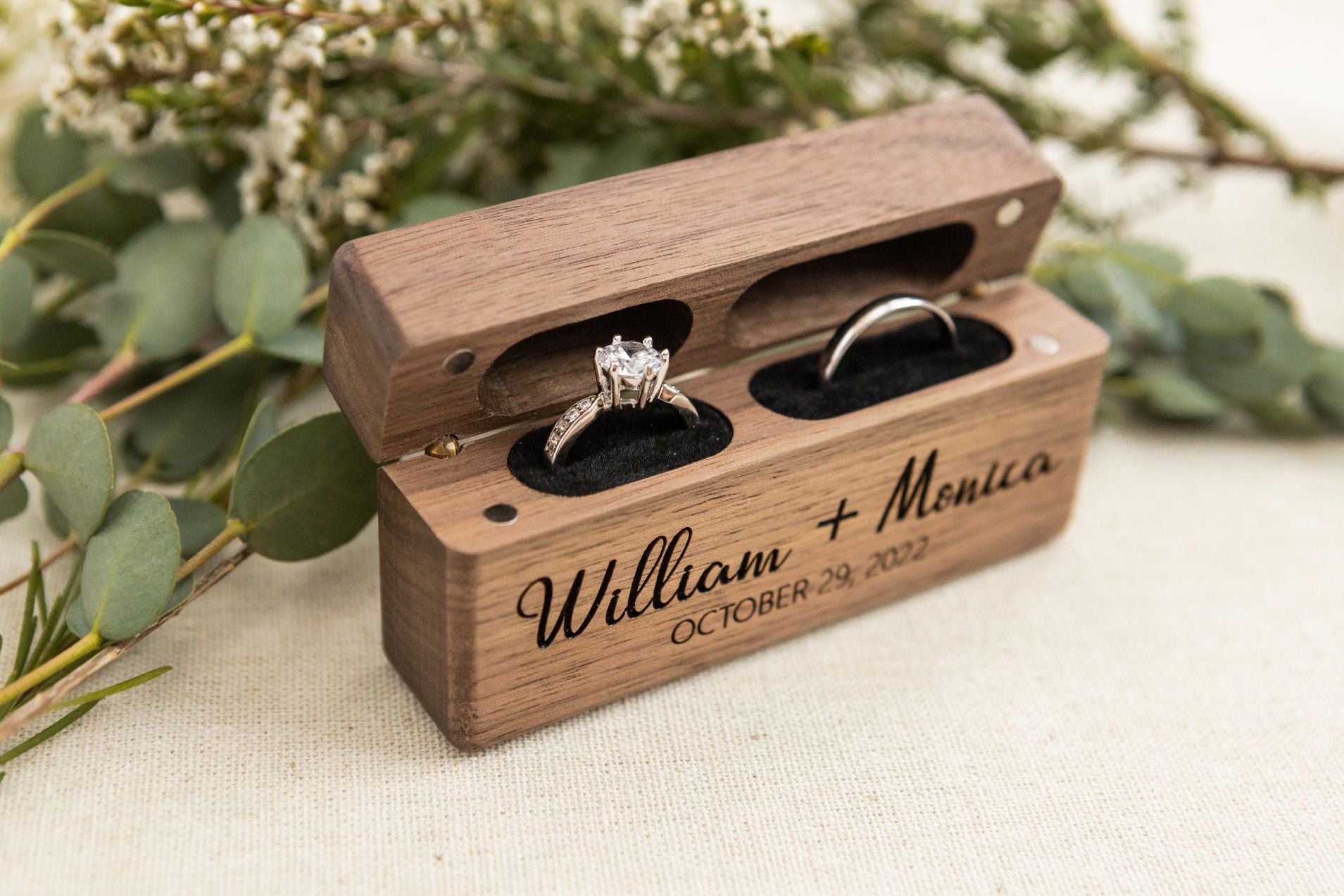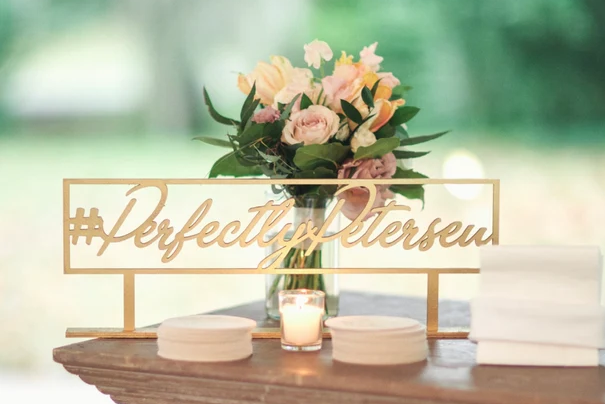Avoiding Wedding-Day Disasters: Why Preparing Ahead Trumps Last-Minute Panic
1. The Importance of a Detailed Timeline:
Creating a detailed timeline for your wedding day is essential in keeping things organized and running smoothly. Start by determining what time you need to be ready and work backward, allocating specific time slots for each activity. This includes hair and makeup, getting dressed, photography, and transportation. By having a well-planned timeline, you can ensure that everything is on schedule and avoid any unnecessary stress or panic.2. Making a Checklist:
Having a checklist is crucial in keeping track of all the important tasks leading up to your wedding day. From booking vendors to finalizing the guest list, having a checklist will help you stay organized and ensure that nothing is forgotten. Start by listing all the tasks that need to be completed and prioritize them based on their urgency. As you complete each task, check it off the list, giving you a sense of accomplishment and peace of mind.3. Communicating with Vendors:
Good communication with your vendors is key to a successful wedding day. Make sure to have a detailed discussion with each vendor, outlining your expectations and any specific requests. This includes your caterer, florist, photographer, and DJ. Keep in touch with them as your wedding day approaches to confirm all the details and address any concerns or changes. By maintaining clear and open lines of communication, you can reduce the risk of any last-minute surprises or disappointments.4. Having a Plan B:
Unfortunately, things don't always go according to plan, especially when it comes to outdoor weddings. That's why it's important to have a backup plan in case of inclement weather. If you're planning an outdoor ceremony or reception, make sure you have a plan B in place, such as renting a tent or booking an indoor venue as a backup. This will give you peace of mind knowing that you have a contingency plan if the weather doesn't cooperate.5. Delegate Tasks:
Wedding planning can be overwhelming, and trying to do everything yourself can lead to last-minute panic. Instead, delegate tasks to trusted family members, friends, or a wedding planner. Whether it's coordinating transportation, setting up decorations, or managing the guestbook, having a team of people to help will ensure that everything runs smoothly. Delegating tasks not only lightens your workload but also allows you to focus on enjoying your special day.6. Time for Relaxation and Self-Care:
With all the hustle and bustle leading up to your wedding day, it's essential to set aside time for relaxation and self-care. Take breaks from wedding planning and indulge in activities that help you relax and unwind. Whether it's going for a massage, practicing yoga, or simply spending time with loved ones, carving out time for self-care will help reduce stress and keep you grounded throughout the process.
Summary
Preparing ahead is crucial in avoiding wedding-day disasters. By creating a detailed timeline, making a checklist, communicating with vendors, having a backup plan, delegating tasks, and prioritizing self-care, you can ensure that your wedding day runs smoothly and stress-free. Remember, the key to a successful wedding day is preparation and organization. So take the time to plan ahead and enjoy every moment of your special day.



















